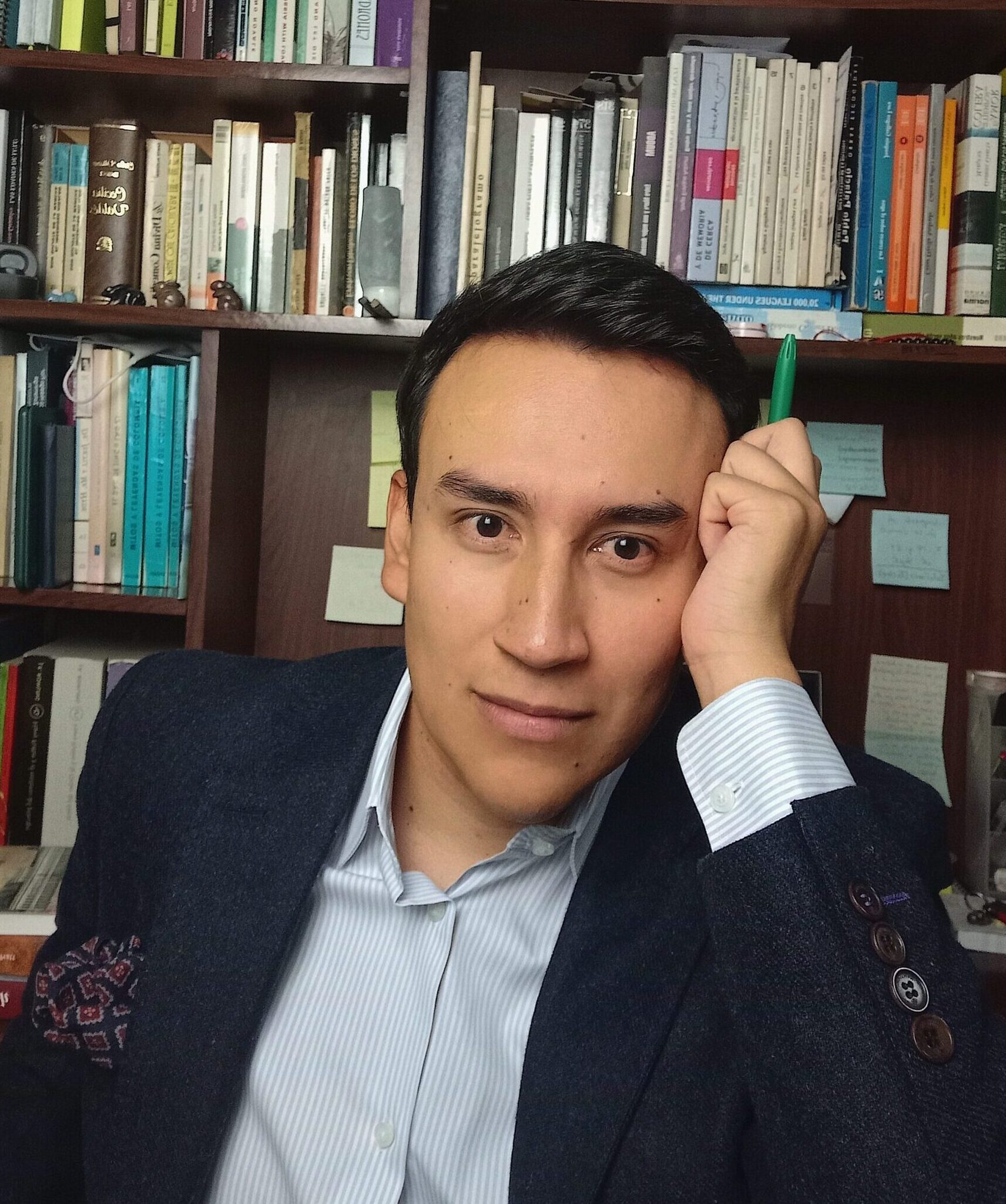Eduardo Castro is a Ph.D. student in the Department of History at the University of California, Santa Barbara. His research examines the political role of the military in the early formation of the state in the Andean region during the first half of the nineteenth century. Central to his work is the study of war and violence as outcomes of regional cleavages shaped by cultural and economic divergences in the formative years of the Latin American republics. He also maintains a growing interest in the social and cultural history of mountaineering in a transnational context, with particular emphasis on the intersections between mountain climbing and the politics of nationalism in the twentieth century.
Eduardo holds a B.A. in International Relations from Universidad San Francisco de Quito, where he focused on political theory and international security in twentieth-century Latin America, and an M.A. in Political Science from the Universidad de Salamanca, where he conducted quantitative research on human rights in the region. These experiences laid the foundation for his transition to historical inquiry, allowing him to approach historical questions with a strong background in political analysis and social science methodology.
- Castro, Eduardo. Executive Producer. 17 años y un minuto, chapters 1-8, Podcast audio, October 20, 2023. https://17y1minuto.com/
- Lucio Paredes, Valentina, Carlos Eduardo Castro y Víctor Daniel Cabezas. Al Derecho y al Revés: Un manual de uso de la Convención Americana de Derechos Humanos. Bogotá: Tirant Lo Blanch – Instituto Interamericano de Derechos Humanos, 2023
- Castro, Carlos Eduardo. «Hacia un modelo cuantitativo para el análisis de los derechos humanos más allá de la integridad física». En Radiografiando la Democracia: un estudio sobre corrupción, buen gobierno y calidad democrática, editado por Joaquín Marco Marco y Marta Pérez Gabaldón, 309-322. Valencia: AVAPOL. Asociación Valenciana de Politólogos, 2017.
Opinion and current affairs.
- Castro, E. (2024, April 10th). “Así son los fachos”: ¿Por qué Daniel Noboa ordenó asaltar la embajada de México en Quito?. Revista Presente. https://revistapresente.com/presente/asi-son-los-fachos-por-que-daniel-noboa-ordeno-asaltar-la-embajada-de-mexico-en-quito/
- Castro, E. (2023, September 19th). Elecciones Generales Anticipadas en Ecuador. Revista Presente. https://revistapresente.com/contextos/elecciones-generales-anticipadas-en-ecuador-nuevos-rostros-para-pasados-rancios/
- Castro, E. (2024, September 17th). Breve historia del crimen organizado y la violencia en Ecuador. Revista Presente. https://revistapresente.com/wp-content/uploads/2024/09/Presente_977302046500506.pdf.
- Latin American Social and Political History.
- Military History.
- History of Science, Exploration, and Mountaineering.
Teaching Assistant.
Hist 8A, Latin American History: Pre-Columbian and Colonial Periods. (Fall 2024)
Hist 4A, Medieval and Early Modern Europe (Winter 2025)
Hist 8B, Latin American History: The National Period (Spring 2025)
Hist 17B, History of the American People, 1830-1920 (Summer 2025)
Hist 74, Poverty, Inequality, and Social Justice in Historical and Global Context (Fall 2025)
His academic work extends beyond the university through his commitment to the public dissemination of humanities scholarship. In 2023, he was part of a Mellon Foundation–funded research and production team for 17 años y un minuto, a podcast dedicated to critically analyzing and sharing the findings of Colombia’s Truth Commission. That same year, he co-authored Al Derecho y al Revés: Un manual de uso de la Convención Americana de Derechos Humanos, a publication supported by the Inter-American Institute of Human Rights to promote broader understanding and application of the American Convention on Human Rights. Eduardo currently serves as the Lab Manager of the Archives, Memory, and Preservation Lab (AMPL) at UC Santa Barbara, a space devoted to developing tools and methodologies for more inclusive and egalitarian archival practices in Latin America and beyond.

